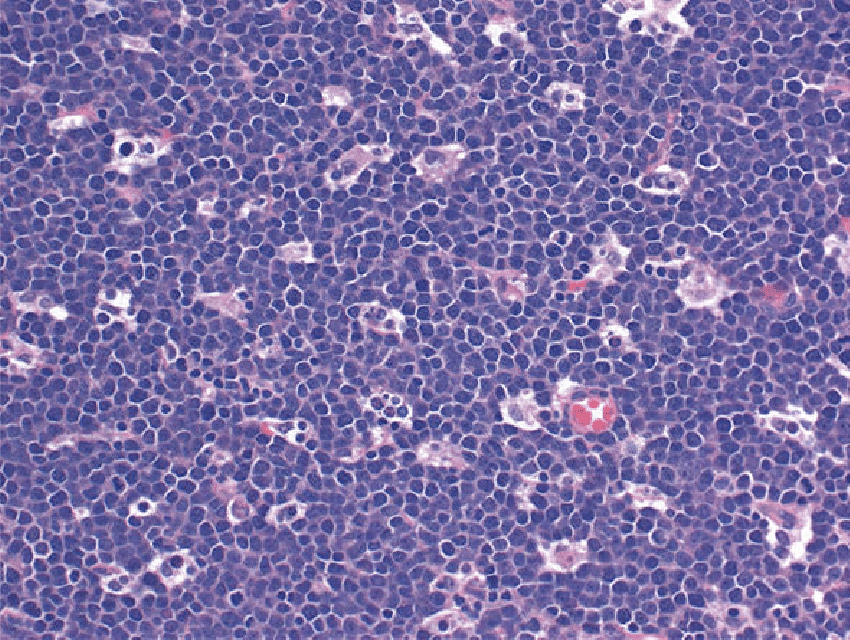Burkitt lymphoma (BL) is an aggressive B-cell subtype of non-Hodgkin lymphoma. First described in 1958 by Denis Burkitt as a malignant jaw tumor in Ugandan children, BL is now known to occur as three clinical/epidemiological types: endemic BL in Africa, sporadic BL elsewhere, and immunodeficiency-associated BL (such as arises in persons with HIV infection).
Risk factors for endemic BL include infection with Epstein-Barr virus (EBV), which was first discovered in a tumor obtained from a child with BL in Africa, and holoendemic malaria caused by Plasmodium falciparum. The risk factors for sporadic BL are less well understood. All BL types share a common molecular abnormality caused by chromosomal translocation of MYC into the vicinity of promoter/enhance elements of heavy or light immunoglobulin genes, but the underlying distribution of these abnormalities in the general population is unknown.
Our research aims to improve health through a better understanding of: a) the distribution of BL in different populations; b) the markers of P. falciparum and EBV infections that are associated with BL; and c) the genetic factors that influence the risk of BL.
Most of our research utilizes data and biospecimens from case-control studies conducted by NCI investigators in Africa, where most endemic BL cases occur. These studies include the Ghana Burkitt Lymphoma Project conducted between 1965-1994 and the Epidemiology of Burkitt Lymphoma in East African Children and Minors (EMBLEM) study conducted in Uganda, Tanzania, and Kenya during 2010-2016. We also access data and samples collaboratively, such as from the Childhood Infections and Cancer study conducted in Malawi during 2000-2005 by investigators at the University of York in the United Kingdom and the University of Malawi.
For more information about BL studies, contact Sam Mbulaiteye.
